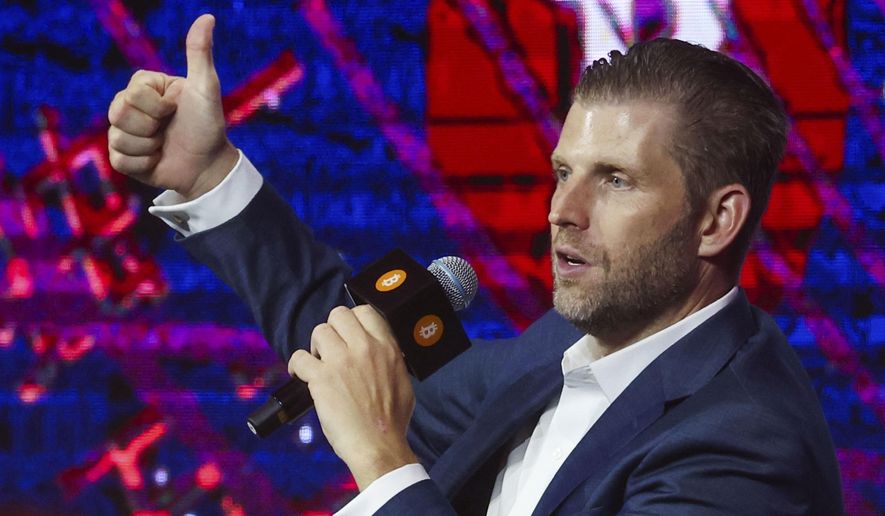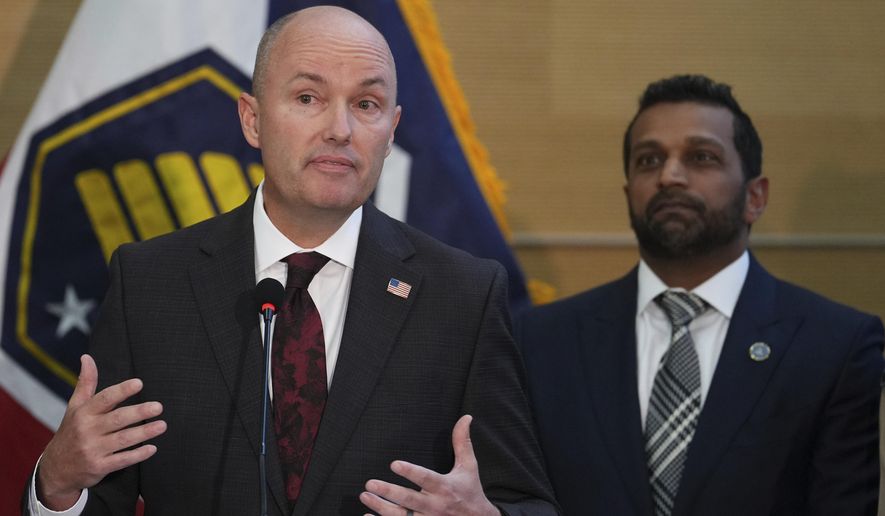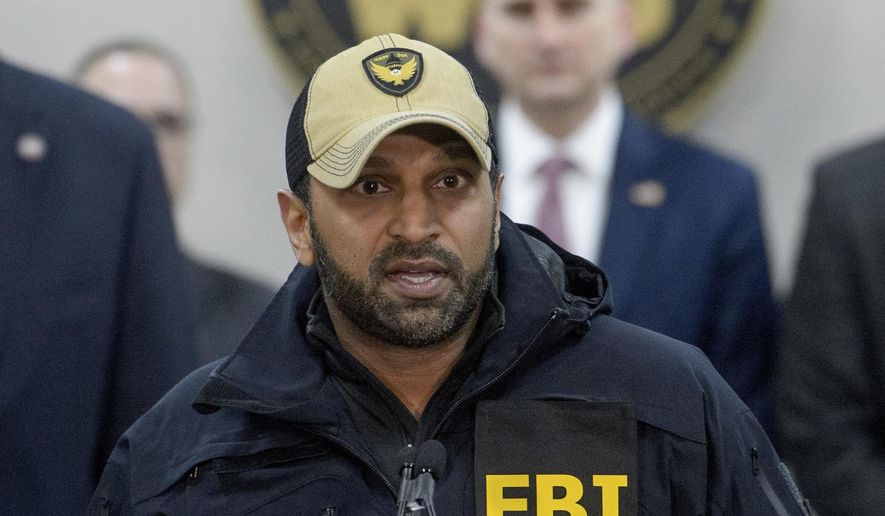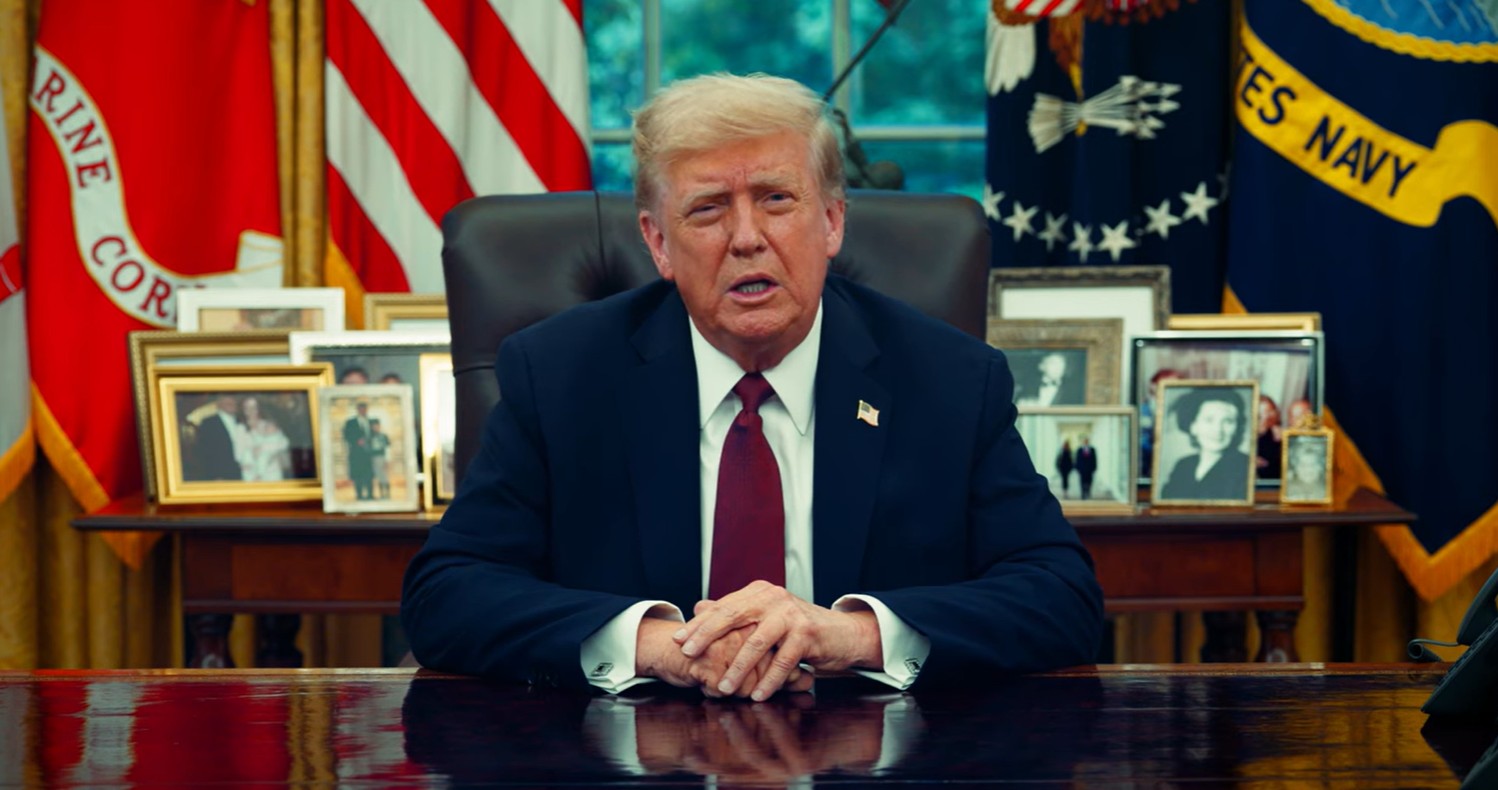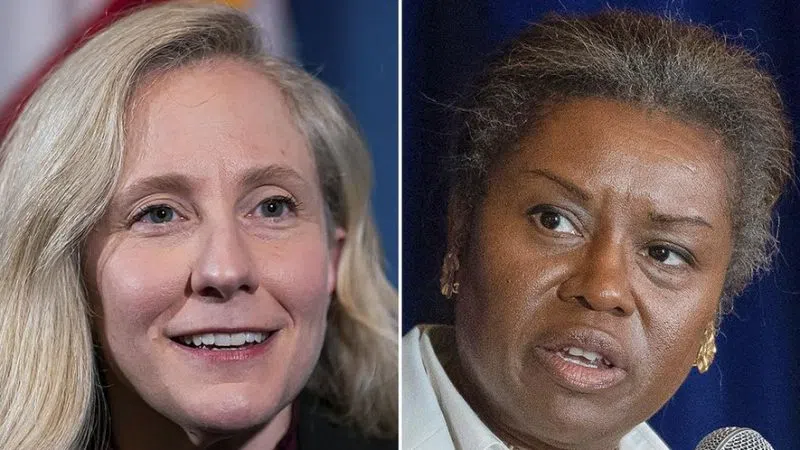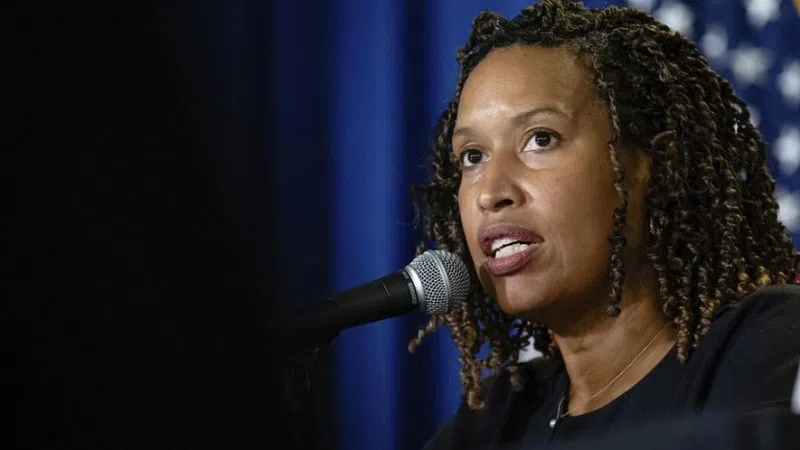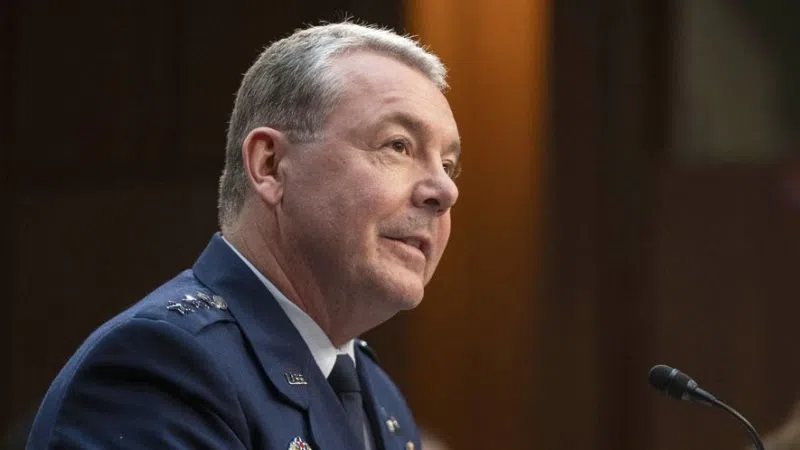The pursuit of peace in the Middle East is the most important development in this turbulent region in the past 50 years. Iran, given its geopolitical position, can only play a significant role in ensuring peace in the region by having a democratic government.
Let’s believe in the arrival of a new season — one of peace and renewal.
A gentle breeze of peace is beginning to blow through the Mideast.
Let’s place our hope in the sunflowers that turn their faces toward the sun of peace.
Following a half-century of war and destruction, signs of a new beginning are finally emerging. As U.S. President Donald Trump rightly observed, if the Iranian regime had acquired a nuclear bomb, peace in Gaza would have been impossible.
If only the West had taken seriously the Iranian Resistance’s 2002 exposé of Tehran’s secret nuclear program, perhaps today we would not be witnessing such staggering civilian, inclusive of chilren, casualties in Gaza.
Rather, the West chose a policy of appeasement — turning a blind eye to the regime’s threats. The Iranian Resistance, which tirelessly worked toward global peace, received no recognition.
On the contrary, it was unfairly labeled as “terrorist,” a label pushed by Iran’s clerical regime in a bid to silence its voice.
In Tehran, a monstrous regime has wrapped itself tightly around the lives of the Iranian people — a dragon whose every breath brings fire and destruction.
On Oct. 7, 2023, the Iranian Resistance loudly warned: if peace is to come to the Mideast, one must strike at the heart of this dragon.
Yet it took two more years — and a war that turned back on its own creators — for the world to grasp where the true source of conflict lay.
Now, with the so-called “Axis of Resistance” weakened and the regime’s missile and nuclear programs forced into retreat, the breeze of peace has begun to stir.
A Force Born of War Can’t Deliver Peace
Meanwhile, Israel’s Haaretz reported that Israel had quietly explored promoting Reza Pahlavi as a potential successor to Khamenei in a post-regime Iran.
Ironically, for years, Khamenei’s own Revolutionary Guards (IRGC) had invested in Pahlavi — even involving him in allegedly illicit oil sales — as a way to manufacture a fake “opposition” and undermine the real, democratic resistance.
The objective was clear: to dismantle the powerful opposition movement led by the National Council of Resistance of Iran (NCRI).
Seen in this light, Reza Pahlavi has not been part of the solution but part of the problem — distracting attention from the real forces for change and even supporting the idea of foreign military strikes as a path to regime change.
But . . . the truth remains: the Iranian regime will not fall by external military action.
During the 2022 “Mahsa” uprising, Pahlavi played a key role in diverting revolutionary momentum, effectively delaying — if only temporarily — the movement for democratic change.
This delay came at a heavy cost, not just for the Iranian people, but for the region in its entirety — especially Israel, which paid a steep price in lives lost during the war.
Peace Is the Regime’s Greatest Threat
The Iranian regime cannot survive without war and crisis.
More than 20 years have passed since the end of the Iran-Iraq war, yet Tehran still refuses to sign a peace treaty with Baghdad.
Ayatollah Ruhollah Musavi Khomeini once described the Iraq ceasefire as “a chalice of poison” — a phrase that continues to reflect the regime’s deep-rooted hostility toward peace.
Any political force connected to this regime is inherently drawn toward conflict.
It can’t serve as a reliable partner for long-term peace in the Mideast.
Where Can True Peace Begin?
Given Iran’s geopolitical position, it plays a critical role in shaping peace in the Middle East.
But only a government with a proven record of resisting both the Shah’s dictatorship and the current theocracy can credibly guarantee peace — a government free of religious or secular authoritarianism.
Only such a leadership can truly represent the people of Iran and become a force for regional stability.
The Solution: A People’s Government Backed by a Democratic Alternative
Founded in 1981 to oppose the ruling theocracy, the National Council of Resistance of Iran (NCRI) has deep roots in the earlier struggle against the Shah’s monarchy as well.
The NCRI’s mission is to return sovereignty to the Iranian people.
It has pledged to establish a transitional government based on the following principles:
- Separation of religion and state
- Gender equality
- A non-nuclear Iran
In a world searching for peace, ignoring this democratic alternative is nothing less than turning away from the truth.
Hamid Enayat is based in Paris, France and is a noted expert on Iran. He has written extensively on issues pertinent to Iran and the Mideast region. Read Dr. Hamid Enyat’s Reports — More Here.
© 2025 Newsmax. All rights reserved.


